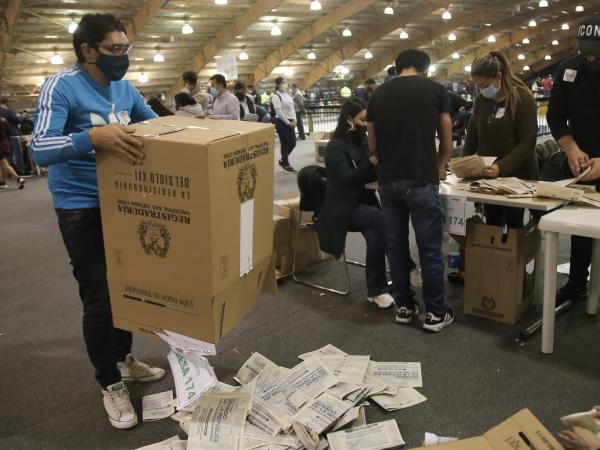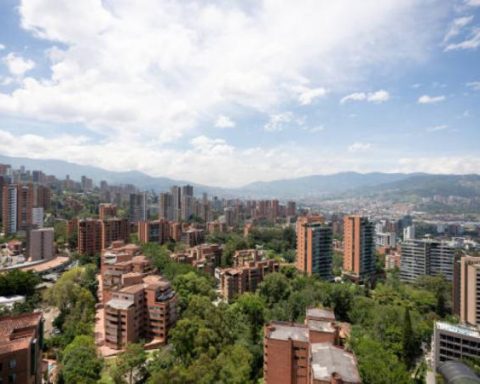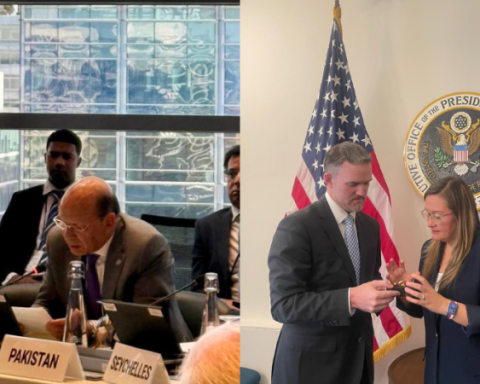
Elections for both the legislature and the new president of Colombia They are the central theme of the last few days, both for Colombians and for other international actors. For this reason, the rating agencies Moody’s and Fitch have already presented their first opinions on the results of Sunday’s voting.
(Read: Institutions would limit radical changes after elections: Moody’s).
In the case of Moody’s, the entity recognized that, after knowing the composition of the new Congress, and the leadership of Gustavo Petro in the consultations of the coalitions, there is little chance of sweeping changes in local politics.
“The legislative elections yielded gains for the left and center-left parties, but ultimately resulted in a fragmented Congress without a clear majority in any of the legislative chambers.”, highlighted Moody’s, who assured that this “will reduce the probability of radical policy changes, although it will also mean that the creation of consensus will be required to promote structural reforms”.
Moody’s recognized the strength of the Historic Pact candidate for the presidential elections, and emphasized that Petro “has proposed policies that could influence investor sentiment”. Among these he mentioned his proposal not to award new oil exploration contracts, the modification of the mandate and the composition of the board of directors of the central bank, change the private pillar of the pension system, impose import tariffs and renegotiate the country’s free trade agreement with the USA.
Despite this, the rating agency reiterated that the legislative and judicial powers are expected to print balance and checks on presidential powerand that this will surely prevent radical transformations.
(What’s more: How much money candidates receive for votes obtained and why).
Fitch Ratings also spoke out after the elections, and highlighted the position of Colombian companies, which it described as “firm”, given the possibility of a potential change in the economic policy of the countryand said they could withstand possible higher taxes and more regulation in the next government.
Like Moody’s, Fitch emphasized some Petro proposals, which reached 4.48 million votes, such as its plan to stop oil exploration, which it assured in its report “would negatively affect the credit quality of Ecopetrol, Frontera Energy, Energía Gran Tierra, and SierraCol Energy”.
Despite this, Fitch argued that these ideas would have difficulty being approved since around 64% of the Senate and 55% of the House of Representatives with seats from the right and center rightand that the country’s tax revenue depends on oil and gas.
(Read: How to claim your day off for voting?).
BRIEFCASE
















